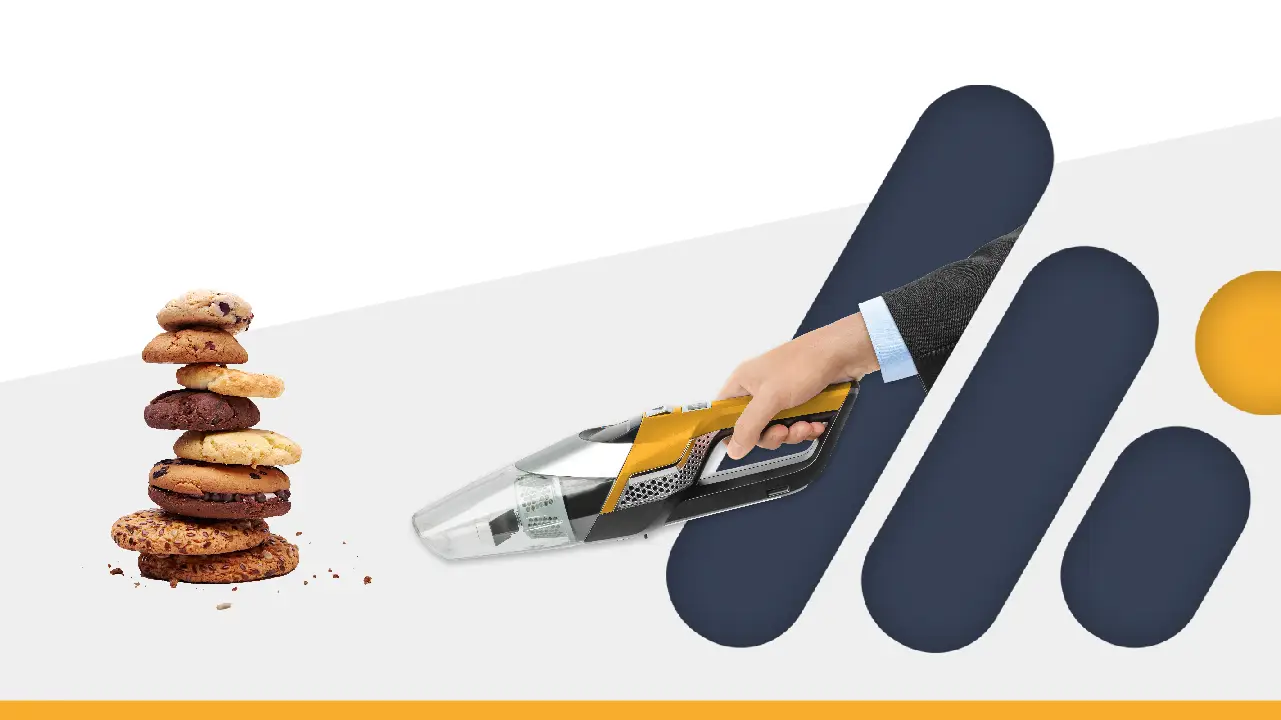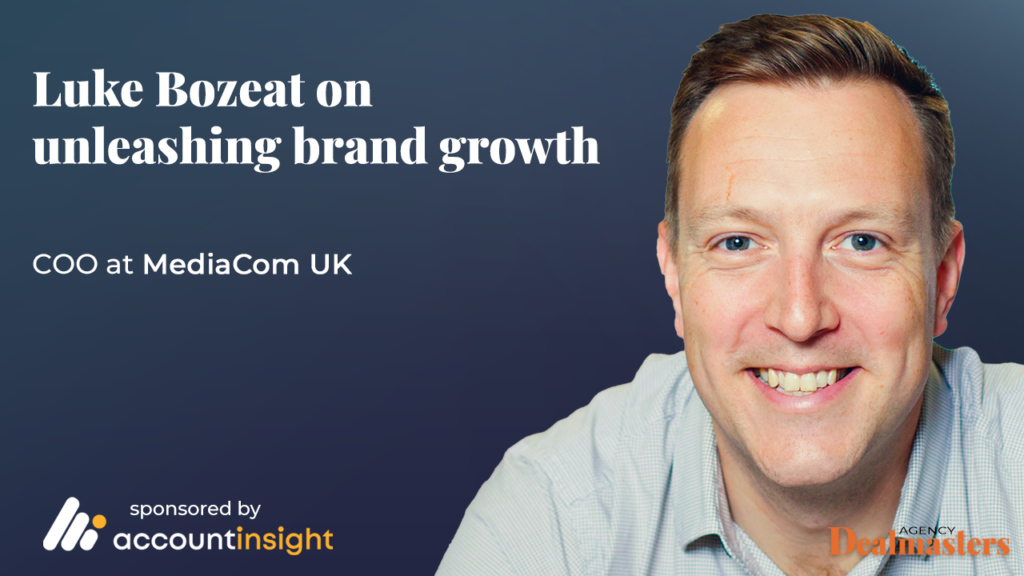Google’s recent announcement to continue supporting third-party cookies in Chrome, reversing its 2020 plan to phase them out, has stirred the digital advertising world. However, this decision doesn’t significantly impact the fundamental landscape for B2B marketers. The need for purpose-built B2B Demand-Side Platforms (DSPs) remains critical.
When we launched AccountInsight in 2018, our objective was to deliver an efficient and privacy-friendly B2B DSP to the B2B community, addressing the shortcomings of traditional DSPs and the increasing emphasis on user privacy post-GDPR. The inadequacies of third-party cookies for B2B targeting were apparent even back then, and they remain just as unsuitable in 2024. With the distraction of the Privacy Sandbox now behind us, we can refocus on what truly matters for B2B advertisers: precision, scale, transparency, and measurable advertising.
The Cookie Conundrum
While Google’s decision might seem like a reprieve for those relying on traditional cookie-based targeting methods, it’s essential to understand that third-party cookies have always been an imperfect solution for B2B advertising. These cookies lack the precision and depth required for effective business-to-business campaigns. The limitations that led to the development of specialised B2B DSPs persist, regardless of Google’s stance on cookies.
Beyond Cookie-Dependent Strategies
Forward-thinking B2B marketers have long been transitioning away from cookie-dependent strategies. The emergence of purpose-built B2B DSPs, designed to tackle the unique challenges of business marketing, marks a shift towards more sophisticated, privacy-conscious, and effective advertising solutions. These platforms offer capabilities that third-party cookies cannot match, providing the targeting precision and relevance essential in the B2B sector.
Why B2B DSPs are Crucial
Despite Google’s recent decision, the fundamental issues with third-party cookies remain unchanged. These cookies have long been criticised for their limitations, especially in B2B targeting, where precision and relevance are paramount. Specialised B2B DSPs like AccountInsight have been developed to address these challenges, offering features such as:
- Targeting specific companies and industries
- Utilising firmographic data
- Leveraging intent signals
- Focusing on decision-making entities and personas within businesses
These features enable B2B marketers to allocate their advertising budgets more strategically, moving away from broad-reach platforms that may not deliver the specificity required for effective B2B campaigns.
The Path Forward: Innovation and Adaptation
While Google’s decision may temporarily slow the transition away from third-party cookies, it shouldn’t halt progress towards more privacy-conscious and effective advertising methods. The B2B advertising ecosystem has already been evolving beyond cookie-dependent strategies. The industry has been developing and implementing various identity solutions and contextual targeting methods that don’t rely on third-party cookies. These approaches respect user privacy while providing more accurate and relevant targeting for B2B advertisers.
With the distraction of the Privacy Sandbox initiative behind us, the industry can refocus on what truly matters: enabling addressable and measurable advertising at scale while respecting user privacy. This aligns with the vision of platforms like AccountInsight, designed to provide efficient and privacy-friendly B2B advertising solutions regardless of the status of third-party cookies.
The Future of B2B Advertising: Embracing Precision and Privacy Beyond Google’s Cookie Decision
Despite Google’s decision, the trajectory towards a more privacy-safe future in digital advertising remains unchanged. B2B marketers and platforms that have invested in alternative targeting methods are well-positioned to thrive in this evolving landscape. The limitations of third-party cookies for B2B targeting were evident years ago, and they remain inadequate today. The focus should be on leveraging advanced technologies and data strategies that provide both precision and privacy in B2B advertising.
While Google’s cookie decision may have surprised many, it doesn’t alter the fundamental shift towards more effective, privacy-conscious advertising practices. For B2B marketers and platforms that have been preparing for a cookieless future, this is an opportunity to showcase the value of their innovative approaches and lead the way in shaping the future of digital advertising.







